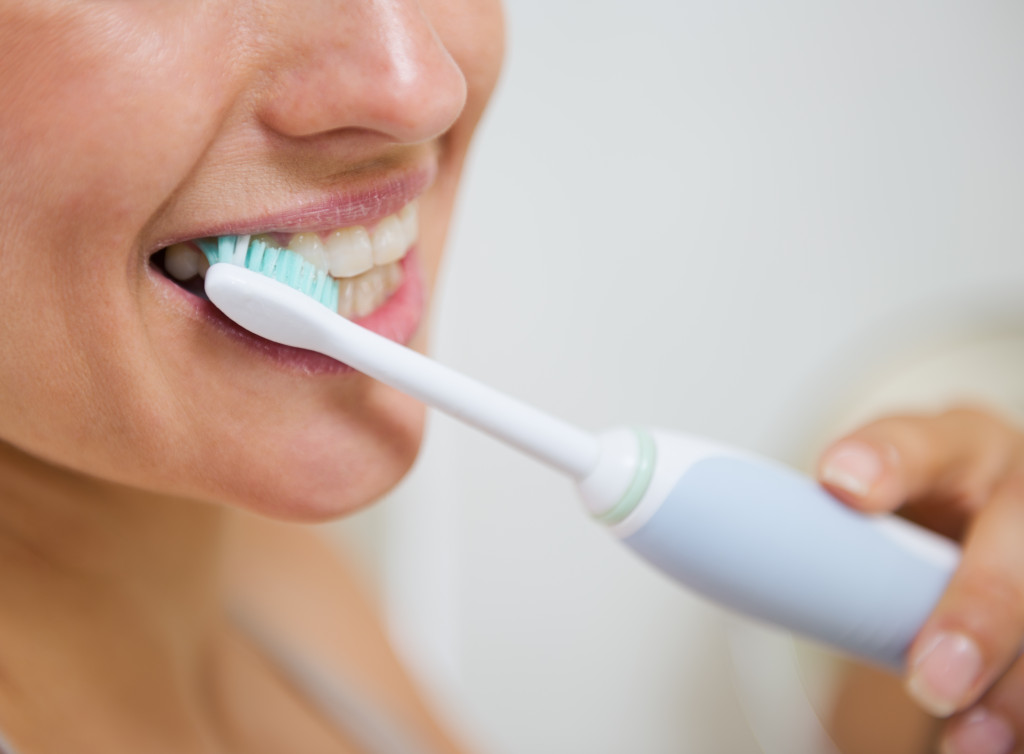In 2007, the National Public Radio reported that not all Americans value cleanliness. Based on reports, just 66 percent of males remember to wash their hands when necessary; women did better at 88 percent. However, in 2013, The New York Times reported the contrary. It states that Americans might be too obsessed with hygiene; this obsession is brought about by advertising.
But obsessed or not, there is no debate that hygiene is important. Neglecting hygiene results in hygiene-related diseases, and this is proven by research.
What is hygiene?
Hygiene is a general term used to describe the things we do to keep ourselves healthy through cleanliness. There are different types of hygiene: personal and environmental.
Personal hygiene
Personal hygiene is aimed at an individual’s cleanliness. It includes taking care of the body through washing and bathing and keeping all parts of it clean. The hair, teeth, feet, and nails are part of a person’s body that must be kept clean at all times.
Personal hygiene also covers grooming. This is why taking care of your clothing and personal appearance is also part of it. Personal hygiene is also associated with etiquette, and this is why people should cover their nose and mouth when coughing or sneezing.
In the US, a sign of bad personal hygiene is perceived through body odor. As most Americans are sensitive to scent, they tend to get away from people who have a bad body odor. This is why Americans regularly practice taking a shower, brushing their teeth, changing their clothes, and using deodorants or antiperspirants: to prevent getting that stinky smell.
One can say that having personal hygiene is also a sign of respect. As we live in a world where interactions are part of life, having proper personal hygiene is respecting other people while sharing space. It is also protecting them from hygiene-related diseases that one might carry because of lack of hygiene.
Environmental Hygiene
Environmental hygiene has two categories: domestic and community hygiene. Domestic or home hygiene involves taking care of the home’s cleanliness by using cleaning agents and storing food and waste disposal. Domestic hygiene also includes making sure that households pest like rats and roaches do not invade the home.
On the other hand, community hygiene covers proper sanitation and disposal of human wastes, as well as prevention of having vectors in the community that can transmit diseases. Community hygiene also involves controlling one’s contribution to water and air pollution.
How important is hygiene?

The Centers for Disease Control and Prevention states that hygiene is crucial in preventing the spread of diseases. Some hygiene-related diseases are diarrhea, tooth decay, head lice, and scabies.
Harvard adds that hygiene is the simplest way to prevent the spread of coronavirus. The simple act of washing hands can help kill the virus; however, the university reminds people that this act must be done regularly and thoroughly.
Aside from preventing diseases and medical conditions, proper personal hygiene improves self-esteem and social relationships. Hence, we can conclude that hygiene is not only important for physical wellness but also social and mental wellness.
Best hygiene practices
Most of the hygiene practices must already be a daily routine. However, for some who have forgotten, here are quick reminders on improving personal hygiene and overall wellness.
As consistently mentioned above, washing hands is crucial to avoid spreading disease to yourself and other people. Whenever you do a “dirty job” like taking out the trash and picking out clothes, you should wash your hands thoroughly for at least 20 seconds. A good thing is to sing “Happy Birthday” while washing hands.
Just like washing your hands is important, washing your intimate parts is important, too. Having a bidet toilet seat can help in that extra fresh feeling when using the toilet. It can prevent UTI, too. Using bidets ensures that bacteria is removed from the body; this bacteria is responsible for urinary tract infections.
Taking regular showers can cleanse the whole body. It helps remove dirt and dead skin cells in one’s body that ultimately leads to disease spread prevention. After taking a shower, wear clean clothes; dirty clothes are good breeding grounds for bacteria.
Oral hygiene is also important. You might already know from experience that if you have a toothache from decaying teeth, it’s hard to function and perform daily activities, too. Aside from this, having poor oral hygiene turns people off. Hence, make it a practice to brush your teeth daily, at least twice; don’t forget to floss, too.
Health Education
Aside from these basic hygiene practices, keeping yourself educated is important. Based on our experience with coronavirus, we now know that harmful viruses and bacteria evolve, too. Thus, we have to keep ourselves updated and educated to keep us safe and healthy.